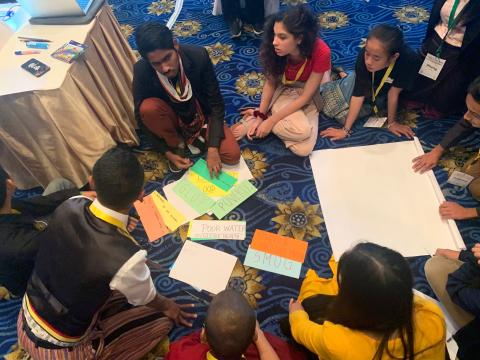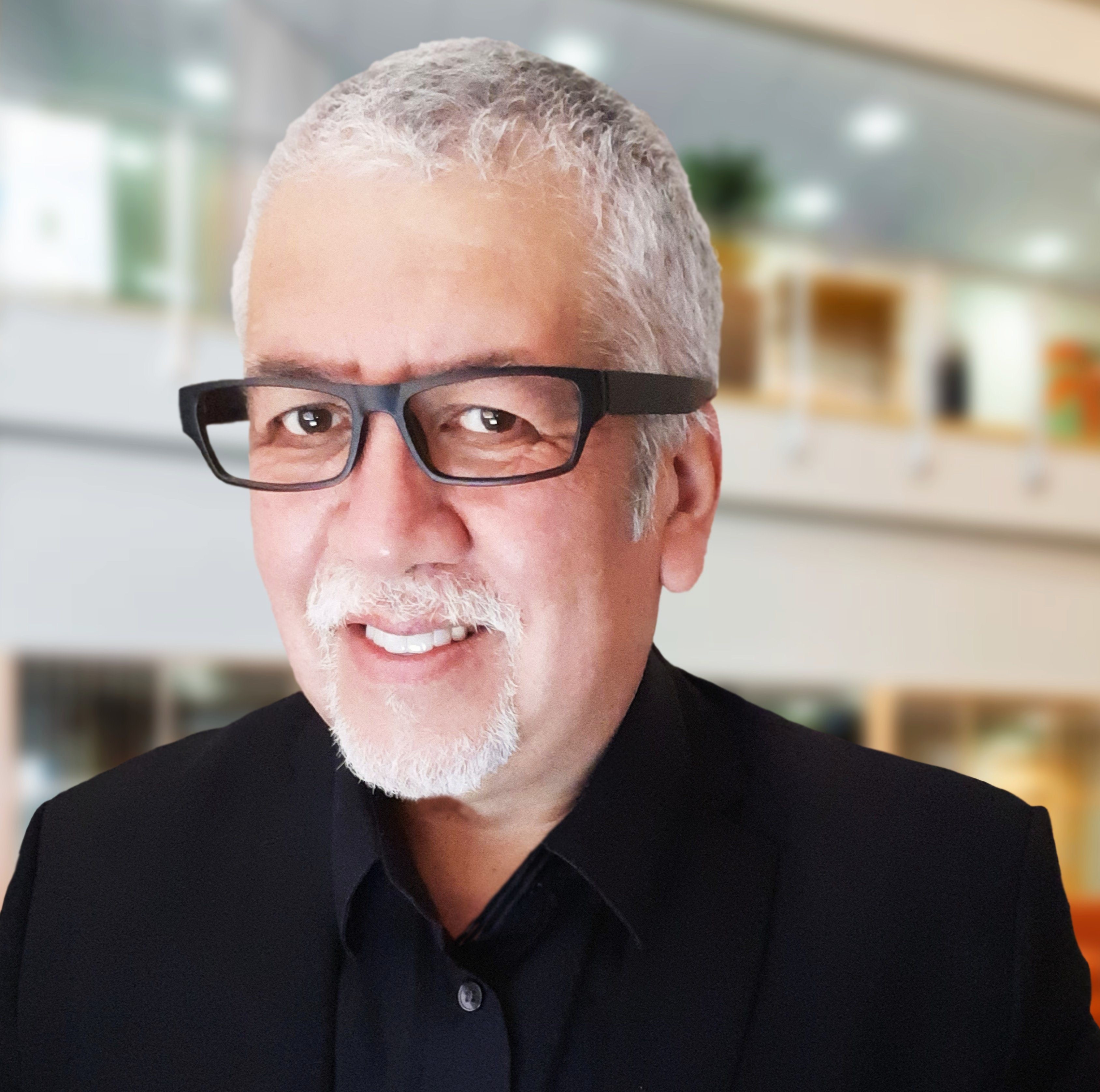
Celebrate child rights, but don't stop listening
By Patricio Cuevas-Parra
The phrase ‘children should be seen and not heard’ stretches back as far as the 15th Century. There is no doubt that, in six centuries, children’s rights have progressed significantly. Not least because of the convention that is today marking its 31st anniversary: the UN Convention on the Rights of the Child.
But they could have been better. In terms of a right to participation, to be seen, heard and contribute to discussions that affect their lives, COVID-19 has shown us that we’ve not made the progress we might have thought.
Not just for grown-ups
Even before the pandemic my experience in the international development and advocacy sector showed me that many civil and political rights were not being applied to children. Whether it is the right to express a view (Article 12), freedom of expression (Article 13), freedom of association (Article 15), protection of privacy (Article 16), or access to information (Article 17), rights are often considered belonging to adults rather than children.
In many countries, adult’s rights are still considered more important than children's rights, and people mistakenly elevate rights vital to children’s well-being such as protection (Article 19) and the highest attainable standard of health (Article 24) above rights that are as important, but aren’t seen as such, e.g. the right to participate, to have their say.
These assumptions are a breach of the articles and of the spirit of the UNCRC in which all rights are indivisible, interdependent, and interrelated, and none can be fully realised without the others.
Ignored, but active
Learnings from the COVID-19 pandemic have shown that the measures to respond to the outbreak have often been perceived as retrogressive for children and young people’s rights to participation. For instance, there are reduced spaces for children and young people to influence decision-making processes and policy responses associated to COVID-19.
Whilst conducting research with children from 12 countries, we spoke to many children that said they never were informed about school closures and were not consulted on mitigating strategies to address online schooling even though they had ideas for solutions. Despite this absence of this child/adult dialogue, children and young people mobilised themselves to communicate with peers to engage those who did not have access to the Internet or were in great need to support.
COVID-19 pandemic proved once again that strategies to contain disasters are mainly adult-centred and ultimately undermine children and young people’s rights to participate. This perpetuates the historical practices that marginalise children and young people from public decision-making due to traditional beliefs, inequality, and discrimination.
Resisting resistance
In other research I conducted to explore children and young people’s activism, child respondents in Bangladesh and Ghana reported that adults were not particularly appreciative of their activism. Still, despite this initial resistance, they organised themselves to stop child marriages that are very common in their communities.
They were successful in their actions based on their ability and willingness to act quickly and reach those who can help them. Children and young people mentioned that they were effective due to long-term participatory activities that have prepared them to be agents of change. They were the best equipped to understand what happened to other children as they share lived experiences.
As we commemorate a new anniversary of the UNCRC, we need to continue efforts to listen to children and young people and support their ideas for action. Our responsibility is to ensure that those voices are heard and taken into account in the public debate. The benefits are for the whole society.
Read World Vision's report Act Now: Experiences and recommendations of girls and boys on the impact of COVID-19 here.
Learn about World Vision's programmes to equip local people to speak up for better services here
Dr Patricio Cuevas-Parra is World Vision’s Director, Child Participation and Rights. Follow Patricio on Twitter @PatricioCuevasP
Image: Young people at the 2019 Child Rights Coalition Asia, credit: CRC



